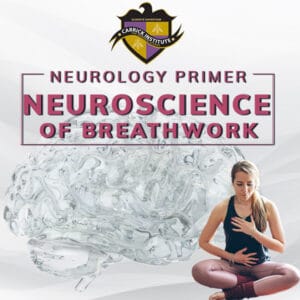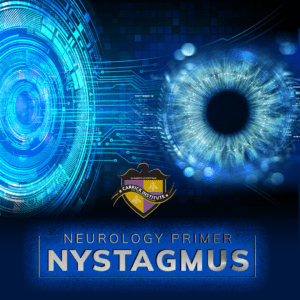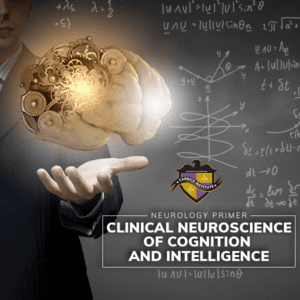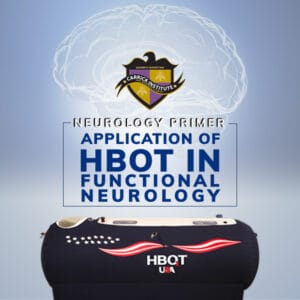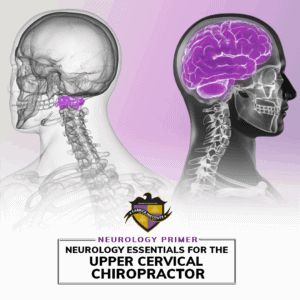
Breathwork practices have an extensive history dating back hundreds of years across several cultures. Many practices have compelling anecdotes of using consciously altered breathing patterns to achieve inner peace, improve athletic performance, and even explore altered states of consciousness.
While modern medicine has isolated the art and science of breathing into the realm of pulmonary disorders, there’s been a recent resurgence in exploring how breathwork can have profound effects on the body and mind. This movement has been heavily lead by yogis and other mind/body practitioners and many of the proposed benefits have been anecdotal and rooted in tradition.
At the same time, there’s been a large interest in the use of breathwork in the fields of sports science and neuroscience that have revealed the underlying mechanisms behind these ancient practices.




